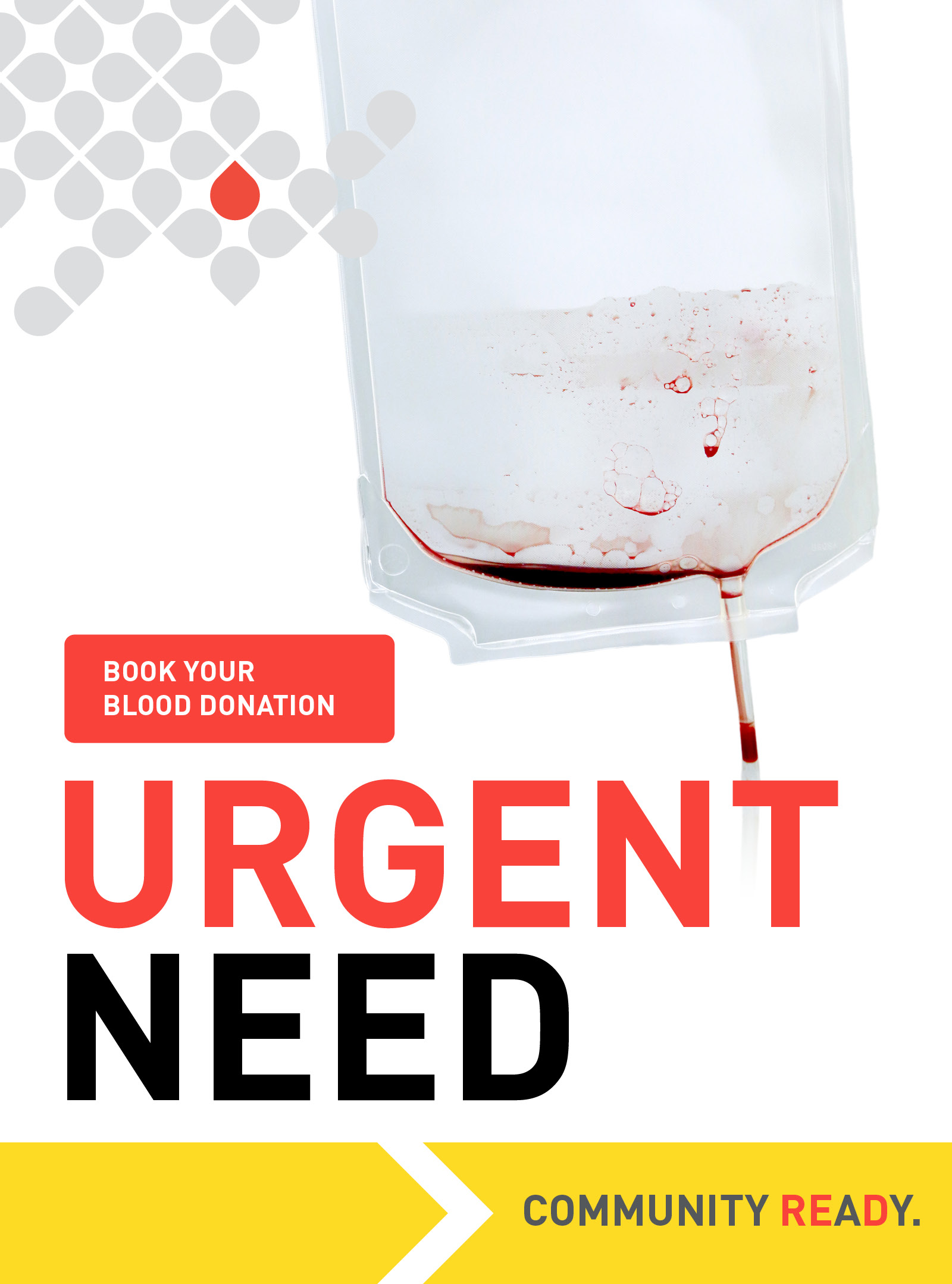安排捐款
安排捐款
单击或致电1-800-398-7888进行预约。
找到一个位置
找到一个位置
在您附近的一个捐助者中心献出鲜血的礼物。
支持血液劳动亚搏手机客户端app下载
支持血液劳动亚搏手机客户端app下载
通过财务礼物支持我们的救生研究。
托管
托管
在计划血液驱动之前,您需要了解的一切。
我需要知道什么?
献血是一个安全,简单的过程,每种献血都有可能挽救3种生命。
我可以捐赠什么?yabo国际
有几种捐赠的方法,具体取决于最适合您的方法。yabo国际
我的血液会怎样?
收集到,您的血液可挽救生命。
我们的社区。我们的队伍。

亚博真人游戏
西雅图水手大厅名人堂
西雅图水手大厅名人堂
“随着许多人在这场19009年的危机期间寻找有形的方法来帮助邻居,我和我的妻子安妮很高兴能够流血。”

水晶兰霍恩
西雅图风暴
西雅图风暴
“风暴很荣幸能与西北的Bloodworks合作。亚搏手机客户端app下载目前,比以往任何时候都更加紧迫地献血,以跟上支持我们社区所需的需求。yabo国际yabo国际今天捐赠,以便我们可以一起挽救生命!”

佩特·图列娃(Pate Tuilevuka)
西雅图海狼橄榄球俱乐部
西雅图海狼橄榄球俱乐部
“每次我献血时,都会让我感到yabo国际安慰,知道有人有机会与家人在一起。”




 品尝生活。挽救生命。
品尝生活。挽救生命。
